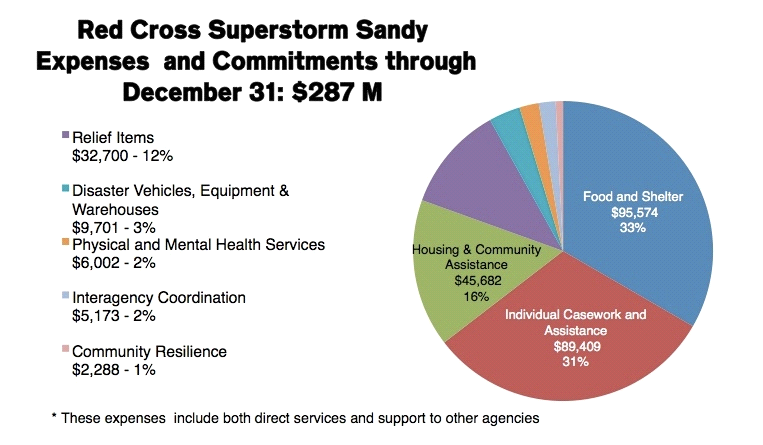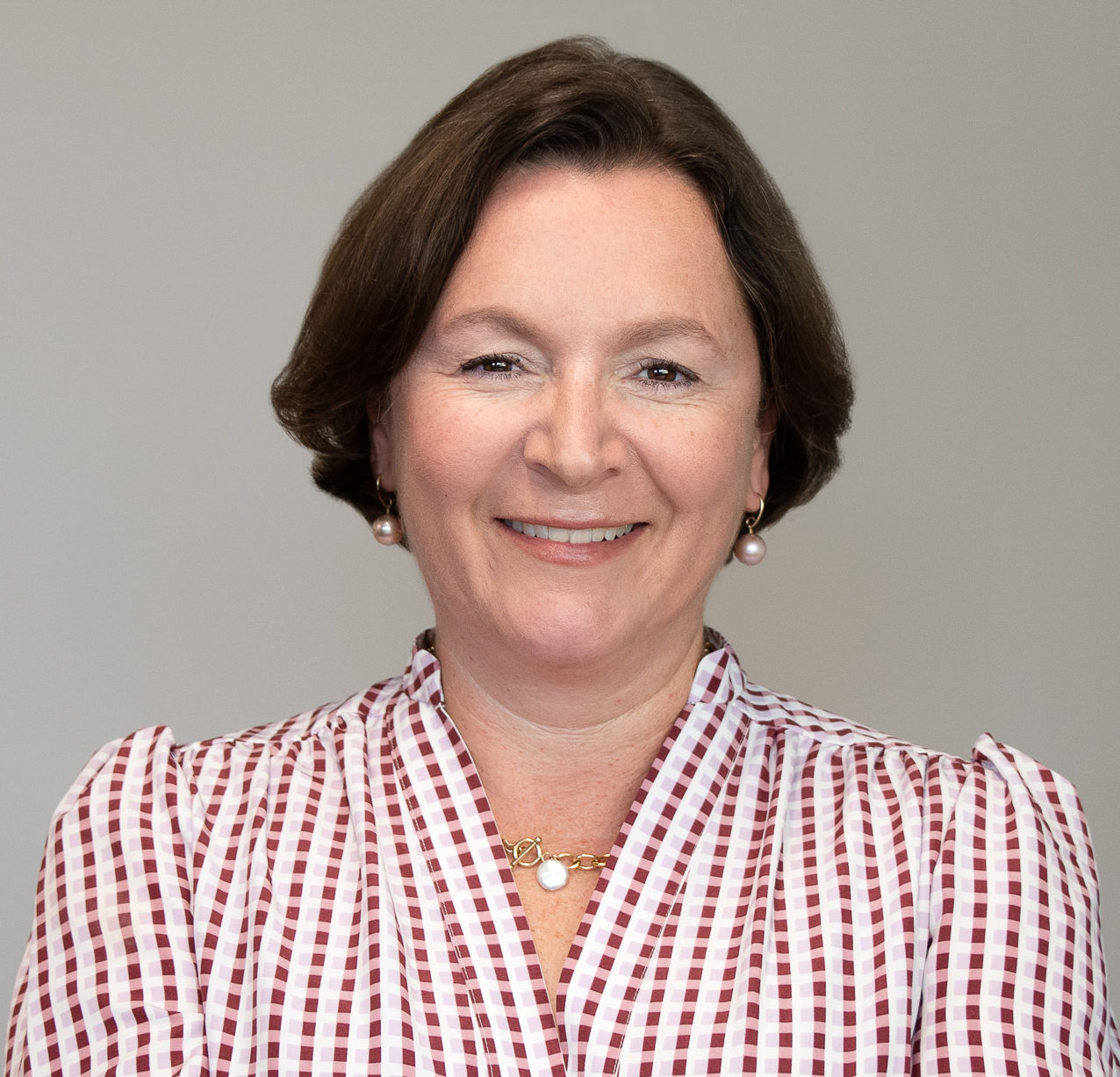CDP Disaster Philanthropy Hotline Reveals America’s Generosity
As Hurricane Sandy made landfall, CDP wanted to be available to the funder community 24/7 – available to answer questions, offer insights,facilitate connections, and just be there as a resource for those who wanted to address the needs of Hurricane Sandy-effected communities in the most strategic and effective manner possible. So we set up a […]
As Hurricane Sandy made landfall, CDP wanted to be available to the funder community 24/7 – available to answer questions, offer insights,facilitate connections, and just be there as a resource for those who wanted to address the needs of Hurricane Sandy-effected communities in the most strategic and effective manner possible.
So we set up a hotline–our first.
It was a trial of sorts, part of CDP’s approach to listening, learning and adapting as we build out CDP. Were there family, community, institutional, and corporate foundations that would either know about us or find us through their research process? We decided to find out.
As I answered the phone – “Center for Disaster Philanthropy, this is Regine” – I strove to be gracious to all callers and seek to bring dignity, respect, and an appreciation for the magnitude of this disaster.
Every call to the hotline was like receiving a proper letter in the mail (you know, the handwritten ones with a real stamp on it). I never knew who was going to be on the other end of the line. Would it be one of the generous donors that have awarded upwards of $244 million to support the needs following Hurricane Sandy? Would it be one of the millions who experienced a loss of power for a day, a week, or more? Would it be a family foundation based in southern Kentucky that was researching how to make their disaster philanthropy more effective?
In the end, it was all of that and more.
The hotline met and then quickly exceeded our expectations. We were able to connect with community foundations from California, Texas, Michigan, Florida, and other states to help them understand how their local communities could best respond to the disaster. We spoke with corporations that wanted to know how they could establish their corporate matching programs to best leverage their employee gifts for the medium and long-term needs of Hurricane Sandy. We spoke with family foundations that quickly garnered a quorum and voted to allocate funds to the CDP Hurricane Sandy Disaster Fund because they appreciated our long-term focus on recovery and community rebuilding. The hotline quickly became a living, breathing reminder that the American spirit is inherently generous, kind, and incredibly smart.
Heart stopping stories on the line
Other types of calls I fielded—the unanticipated ones– were both heart stopping and heroic: A reminder that we are all real people, leading real lives, and experiencing real struggle and true greatness.
The first phone call was from a Delaware woman, a single mother of two girls who had kept every single piece of clothing that her children had ever worn. She had planned to sell the clothes through consignment to help make ends meet. However, the devastation that she witnessed in the media moved her to want to donate the clothing to a worthy family, shelter, or organization. While the Center is not in the business of brokering gifts or services in kind, we were able to point her to a few organizations that would welcome her donation.
Several arts organizations and Sandy-affected artists reached out to the hotline after having lost studio space and precious works of art. Astounding to hear through each of those calls was both a need to rebuild their own space or craft, and a true desire to do so in a way that was helpful to other devastated artists. Impressive and inspiring all around. Again, while CDP does not profess expertise in the arts, we worked diligently to direct people to resources (such as FEMA, BCLC and others) that would provide the necessary assistance.
As I said at the outset of this letter, the Center has never hosted a hotline before; we are a small and growing organization working to find the best place for us to bring thought leadership to the space of disaster philanthropy. CDP’s goal of connecting donors in order to encourage collaboration and more effective giving sounds complicated and theoretical. Sandy helped us realize that sometimes all it takes is a simple phone line and a person to talk to about a problem.
More like this

